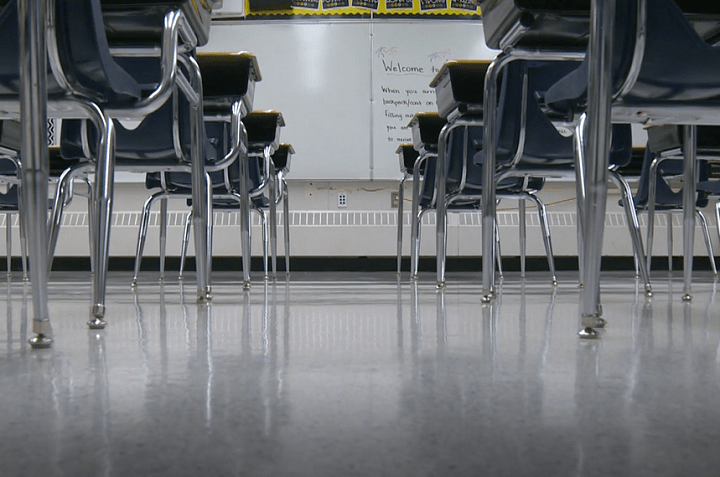The Saskatchewan Teachers’ Federation (STF) has laid out what the organization hopes to see in the upcoming 2022-2023 Saskatchewan budget.

In a news release sent out Tuesday, the STF said it expects the province will maintain education funding in the budget “to address the realities in the public education system.”
Patrick Maze, president of the STF, said the education operational budget will require a 4.7 per cent increase over what was supplied in the 2021-2022 budget.
He believes the increase is necessary in order to maintain and sustain education in Saskatchewan at its current levels.
“That’s without additional programing, which, of course, we’d like to be able to provide to students,” Maze told Global News in an interview. “But at the same point, we certainly are concerned and want to make sure that there are no cuts to the education budget. So 4.7 per cent would meet the concerns around inflationary pressures and also increase student enrollment.”
Maze suggested anything less than 4.7 per cent would be considered a deficit budget and would force school divisions to look at cuts when delivering programs, services and supports to students.

Get daily National news
He said the provincial government has chosen to not present funding over the past five years to keep pace with the province’s enrollment increases and inflation, resulting in less purchasing power while serving more students.
“I think for the teachers of Saskatchewan, some of the concerns are that the previous problems before the pandemic haven’t gone away, and if anything, they’ve been made worse by the pandemic,” Maze added.
“If those basic needs aren’t met, then students are not set up for success and they’re going to find obstacles in the way that they’re learning.”

The federation is calling on the government to provide funding to a number of specific areas, including addressing class size, composition and complexity and catching up students who experienced a learning loss due to the COVID-19 pandemic.
Maze mentioned how the STF is also wanting to see funding and supports to welcome additional students from Ukraine into Saskatchewan schools and making child-care subsidy accessible to Ukrainian newcomers.
“To the government’s credit, it has come out of the gate and indicated that we have space in Saskatchewan for Ukrainian families to seek asylum and come here and be safe. We want to make sure that there’s an education system that’s ready to receive those families, make sure that their students are welcomed into our classrooms and that they’re spending and providing appropriate supports in place for when those students arrive.”
The STF president said they will provide a response on behalf of Saskatchewan teachers once the provincial budget is released on Wednesday.
When it was released, the 2021-2022 education budget was what the government called “the largest in history” at $2.66 billion to support pre-kindergarten to Grade 12 classrooms in the province, along with early learning, child care, libraries and literacy initiatives.
It was an increase of $59.6 million or 2.3 per cent over the 2020-2021 budget for education.
Of that $2.66 billion, Saskatchewan school divisions received $1.96 billion towards school operating funding, which was an increase of $19.2 million compared to the previous fiscal year.








Comments